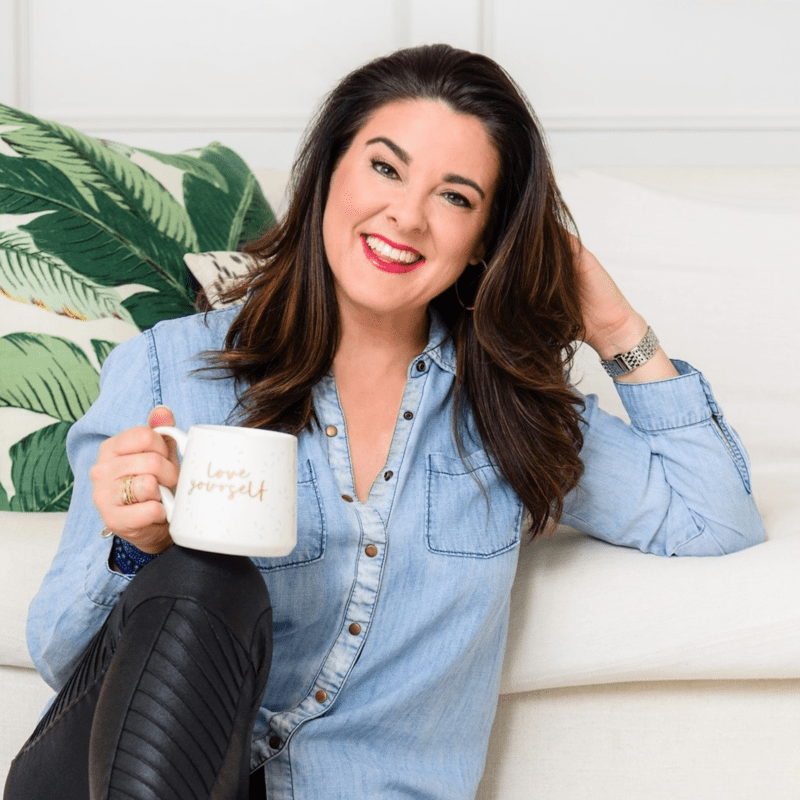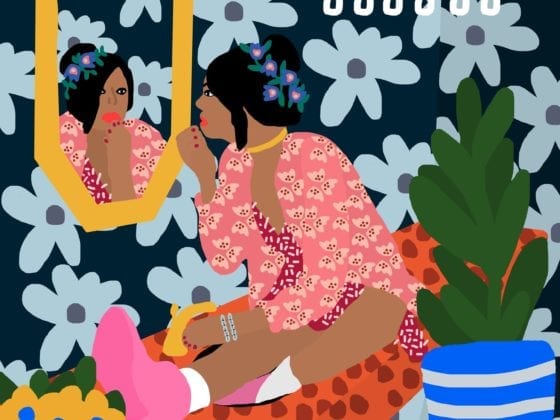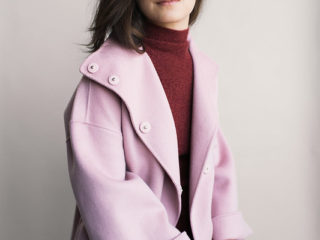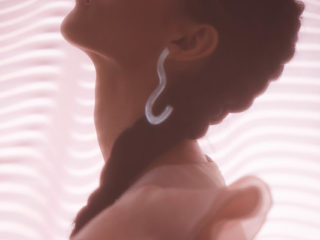For the first 10 years of my daughter Marlie’s life, I was living in “no man’s land.” My husband, Jim, and I knew something wasn’t quite right, but Marlie’s “symptoms,” so to speak, were manageable and not extreme enough to sound off alarm bells.
You see, Marlie’s condition was ambiguous. She was delayed in speaking, yet intensely expressive in her facial expressions and typical toddler “jibber jabber.” She was fun-loving and sweet, yet we witnessed her suffer endless fussiness and frustration. In our hearts, we knew her severe behavioral swings were a signal of something more going on.
For the first decade of her life, I lived most of my days hoping I (or somebody else) would “fix” her or that the next time we took her to the doctor, we would learn of a miracle, cure-all medicine that would heal her. However, that feeling of hope I had so desperately hung onto for all those years was dashed away in an instant one fateful day in the fall of 2014.
In the third grade, Marlie was at school when her teacher frantically called me to tell me she had suffered a seizure. I remember exactly where I was. I felt frozen in time like the floor had fallen out from beneath me. All I remember was anxiously jumping in my car and racing to her school. When I arrived, the EMT’s were already pushing her on a gurney into an ambulance.
At the hospital, the doctor told us that Marlie’s case was very unique, and he felt it was in our best interest to take a deeper look and run a series of genetic tests on her. Several weeks later, the results were in. All I remember was his voice saying, “Elaine, we found something.”
Marlie was diagnosed with a genetic deletion. She is missing a small portion of the CHD2 gene, which affects neurological processing and overall cognitive development. At that moment, all of the things I thought but never confirmed came flooding over me. Marlie was different, and there was, in fact, no “cure.” Right there, it clicked inside me—I had been living in “resistance” mode for 10 years and acceptance was the only way forward.
I had been living in “resistance” mode for 10 years and acceptance was the only way forward.
I began the grieving process for the dream of the child I had imagined. I succumbed to the vulnerability of what it means to be human. I felt it all. I screamed, cried and grieved the outcome I never wanted or expected. What I also learned is that something magical happens when you replace resistance and fear with grace. Slowly but surely, the light of acceptance begins to seep in through the cracks of resistance, and gratitude begins to grow.
Ultimately, my path to acceptance looked a lot like the five stages of grief: denial, anger, bargaining, depression and acceptance. I will be the first one to admit that it wasn’t easy. However, it was, without a doubt, the most freeing thing I could do for my own mental and emotional health. Through a lot of self-education, therapeutic care and letting go of grief, I finally entered the acceptance stage.
Through acceptance, your lens becomes sharper. You begin to see the beauty in what’s right in front of you. I was able to see Marlie for who she truly is, not who I wanted her to be. I could see her journey as an opportunity for personal growth and evolution. It opened my eyes to the truth that there is never a “one-size-fits-all” when it comes to parenting a child of special needs. I was ultimately able to see that the best way to make anyone else happy is to make yourself happy.
There is never a “one-size-fits-all” when it comes to parenting a child of special needs.
Every day I wake up knowing I have a choice—a choice to either embrace the complexity and messiness of what this journey demands or to deny it. The fact is, raising a child with special needs is both a privilege and an immense challenge.
As for what tomorrow will bring, none of us know. What I do know is that I am here to model what acceptance both looks and feels like for my daughter and those close to us. Accepting that her journey might look different from others does not make it any less valid or important. Accepting herself for who she is and not what society expects her to be. Accepting that she matters, her voice matters and her worth is never dependent on anything outside of her (genetic difference included)!
This acceptance will help her and all of us grow to be the best version of ourselves.
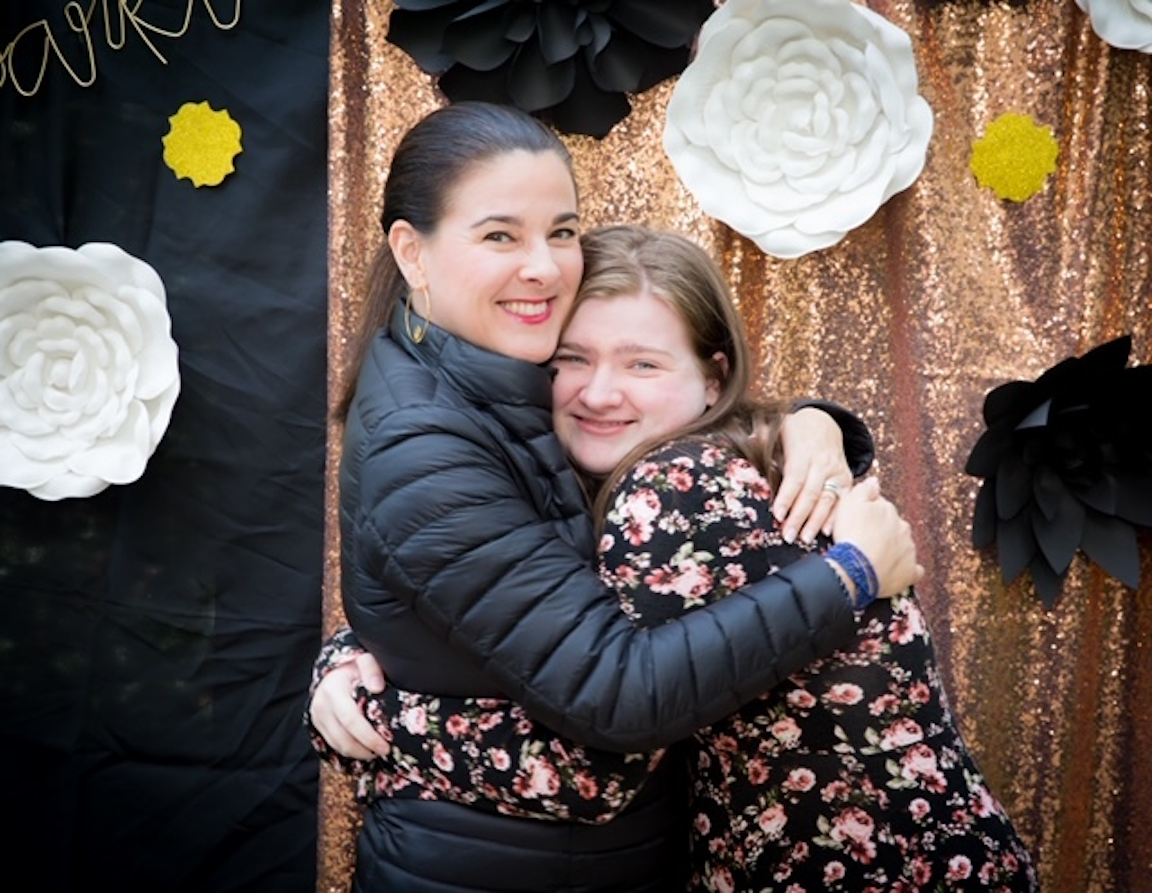
Elaine Turner is an author, speaker, designer and mother of an adolescent, special-needs daughter and a college-aged son. To learn more, check out her website here.
Is there something you are resisting or denying in your life? What might be found on the other side of acceptance?
Image via Myke Toman of Toman Imagery

